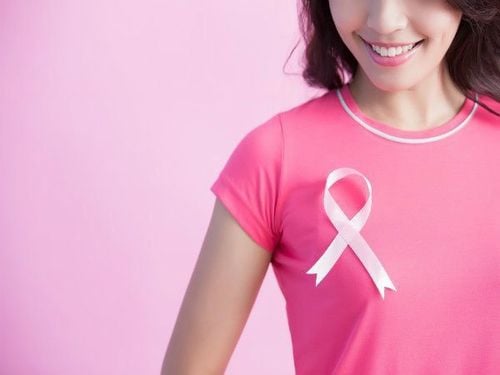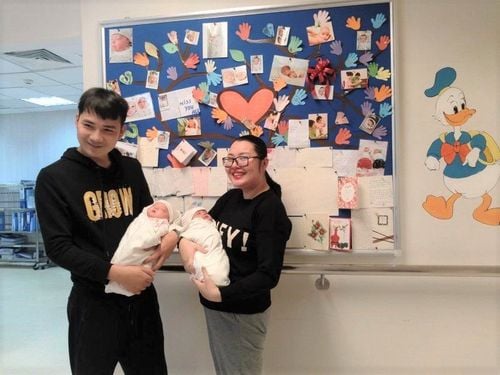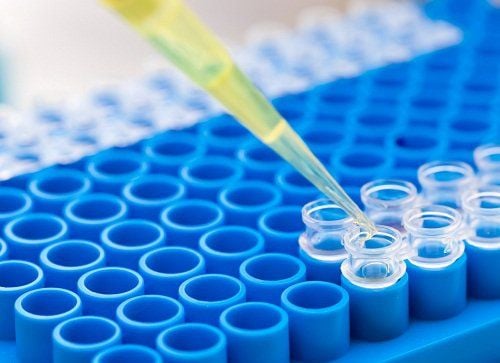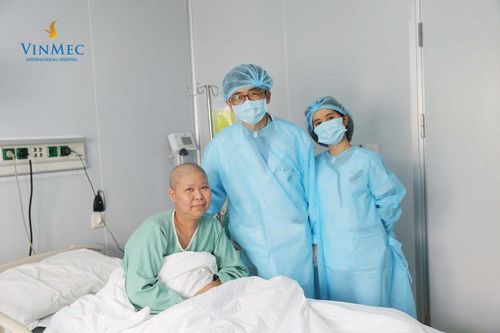The article was professionally consulted by doctors from the Department of Emergency Resuscitation - Vinmec Hai Phong International General Hospital.
Currently, endoscopy has become commonplace and familiar to many patients. Endoscopy will help doctors easily diagnose digestive diseases. Gastroscopy and colonoscopy are both procedures related to the digestive system. A common question from patients is what foods to eat and what to avoid after undergoing these examinations.
1. What is gastroscopy?
Gastroscopy is prescribed by doctors when used to examine diseases related to the esophagus, stomach, and the first part of the small intestine (duodenum). Patients are instructed to fast for 6 to 8 hours and not drink water before the examination.
Gastroscopy is a highly useful method, helping doctors detect small lesions of only a few millimeters inside the digestive system. When performing an endoscopy, the doctor will use a small flexible endoscope, inserted through the patient's mouth to directly examine the upper part of the digestive tract including the esophagus, stomach, and duodenum. The tip of the small endoscope is equipped with a light, and a camera to capture images directly onto the screen.
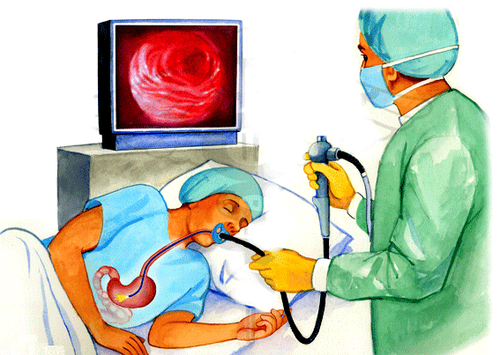
2. What is a colonoscopy?
Colonoscopy requires taking 3 packets of Fortrans within 2 hours. After 2 hours, the patient will have a bowel movement to evacuate the bowels.
Similar to the stomach, the tip of the small endoscope is equipped with a light, and a camera to capture images directly onto the screen. However, the colonoscope is larger, inserted through the patient's anus, and can examine areas such as the rectum and colon.
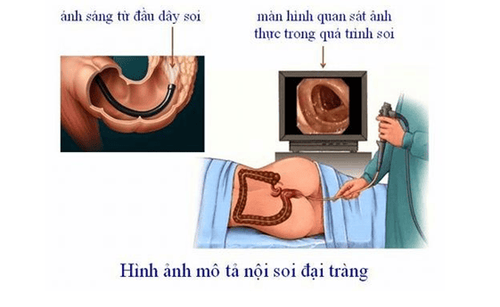
3. What should you avoid eating after a gastroduodenal endoscopy?
After a gastroscopy patients will experience some symptoms such as mild abdominal bloating, sore throat, dysphagia, abdominal pain, etc., but These problems will gradually lessen over time, so patients don’t need to worry too much.
After the endoscopy, patients should only eat soft, liquid, easily digestible foods such as porridge, and soft sponge cake, and should drink cold milk because hot milk can easily damage the stomach.
Dishes for patients after endoscopy should be prepared using foods that help limit and neutralize gastric acid. These dishes need to be carefully prepared, soft, and thin, such as porridge, soup, and stewed or braised meals.
Do not allow patients to eat too much at once. Instead, divide the three main meals into smaller meals and eat many times a day, with each meal spaced at least 3 to 4 hours apart.
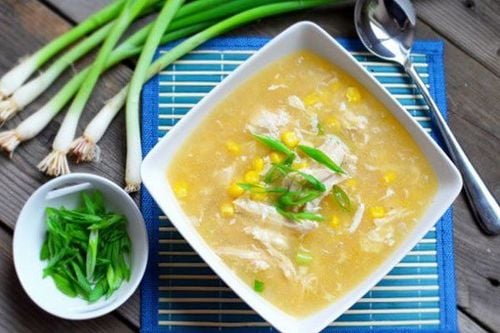
4. What foods should be avoided after a colonoscopy?
After a colonoscopy, it's important to focus on foods that promote stomach health. However, there are also certain foods that can harm the digestive system, especially for those who have recently undergone the procedure. To support a quick recovery and ensure digestive well-being, patients should avoid consuming the following foods:
- Sour foods with high acid content such as lemon, mango, pomelo, etc., or fermented pickled foods such as pickled onions, pickled eggplants, etc.
Some fruits that are difficult to digest such as apples, papaya, etc. - Foods that contain a lot of oil, canned foods, and frozen processed foods such as sausages and Chinese sausages are also foods that are harmful to the stomach, so they should not be used after endoscopy.
- Lastly, it's best to avoid sweets and carbonated drinks in the first few days following the procedure.
- Stay away from stimulants such as alcohol, beer, cigarettes, and coffee. Because these stimulants will destroy the stomach lining, causing damage to the stomach.
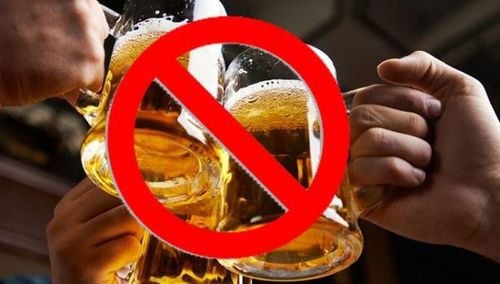
- In addition to following a strict diet to help the stomach and colon recover quickly, it is also necessary to pay attention to monitoring the condition of your body. It is necessary to immediately notify the doctors if you see strange symptoms such as fever, chills, bleeding, abdominal pain, vomiting, dysphagia, and severe chest pain.
- In addition, stay away from spicy foods because they can damage the mucosa.




